Introduction
In Nigeria, the emphasis on locally-sourced ingredients is reshaping family diets. This shift towards local sourcing helps create healthy families, empowers the community, and encourages environmental sustainability. This article highlights how locally-sourced ingredients are enriching nutritious diets in Nigeria.
The Nutritional Superiority of Local Produce
Local ingredients are often fresher and more nutrient-dense than their imported counterparts. Foods like yams, cassava, plantains, and a variety of leafy greens and fruits, which are staples in Nigeria, provide essential vitamins and minerals. Eating locally not only offers better nutrition but also ensures a diverse diet that’s in harmony with regional dietary traditions.
Supporting Local Farmers and Economies
By choosing locally-sourced ingredients, Nigerians support their local farmers and economies. This support is vital for sustaining agricultural communities and preserving traditional farming practices. It also encourages biodiversity and the cultivation of native crops, which are better adapted to the local climate and soil.
Reduced Environmental Footprint
Local sourcing reduces the environmental impact associated with long-distance food transportation, including lower greenhouse gas emissions. This practice is integral to creating a sustainable food system that prioritizes the health of the planet alongside the health of its people.
Rediscovering and Preserving Culinary Heritage
Locally-sourced ingredients are not just about sustenance; they’re a connection to Nigerian heritage and culture. Utilizing these ingredients in daily cooking helps to preserve and celebrate traditional recipes and cooking methods, keeping them alive for future generations.
Conclusion
The focus on locally-sourced ingredients in Nigeria is a holistic approach to nutrition that benefits personal health, supports local economies, and respects the environment which embodies PachaMama Foods vision. It’s a celebration of Nigeria’s rich agricultural heritage and a commitment to a healthier, more sustainable future.


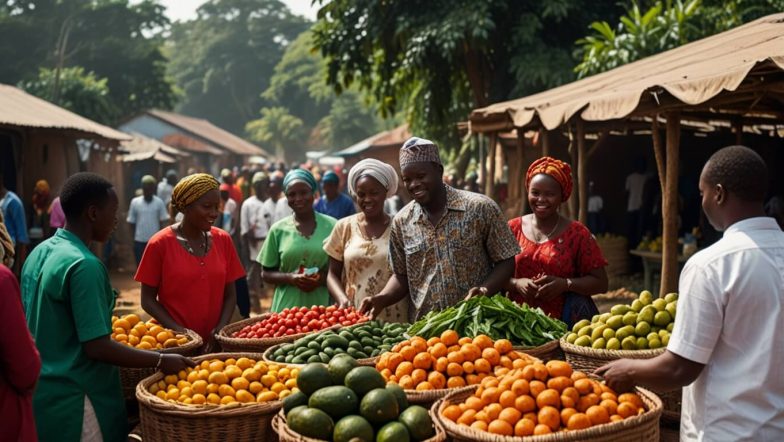
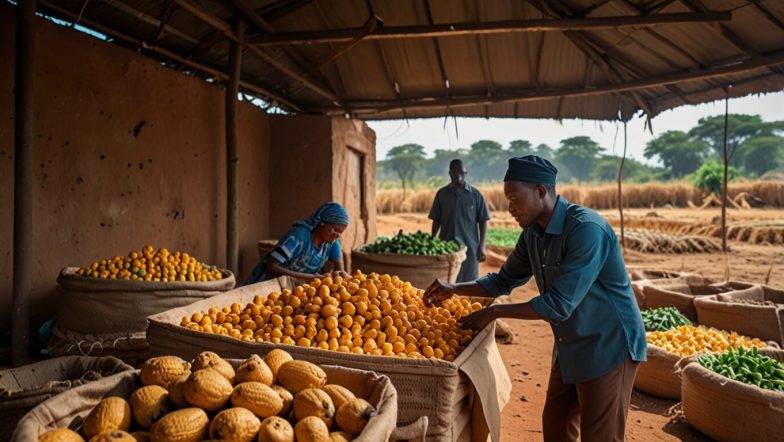
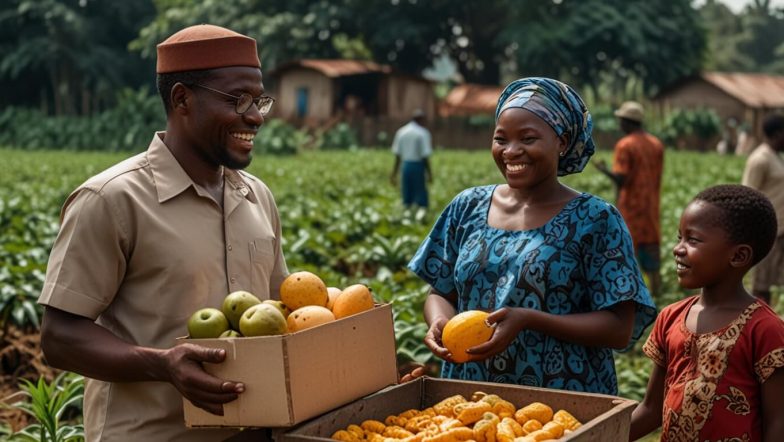
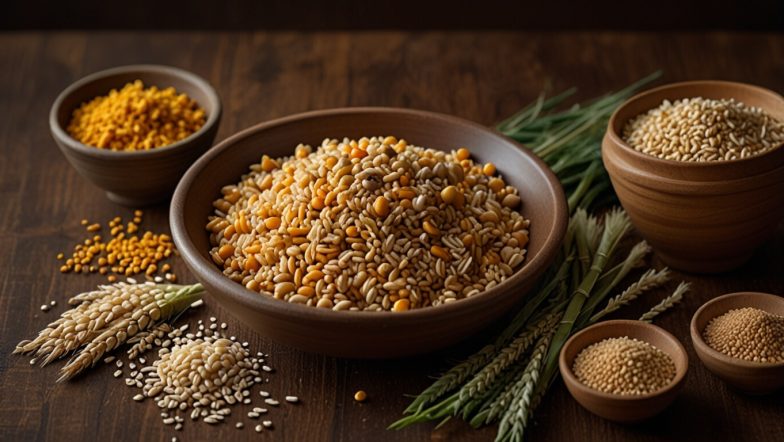
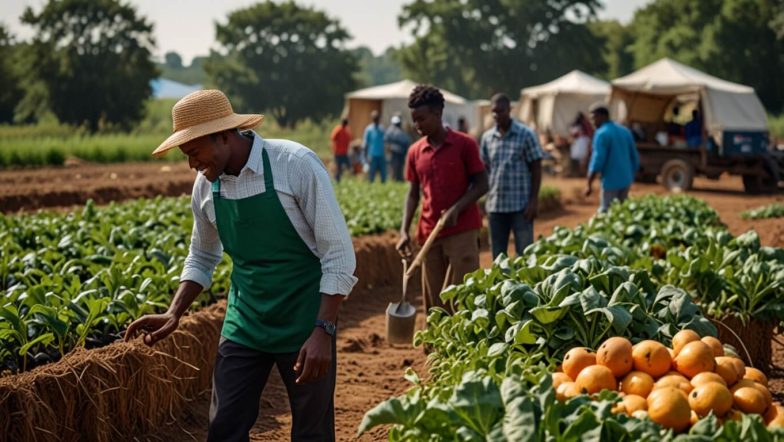
Leave a comment